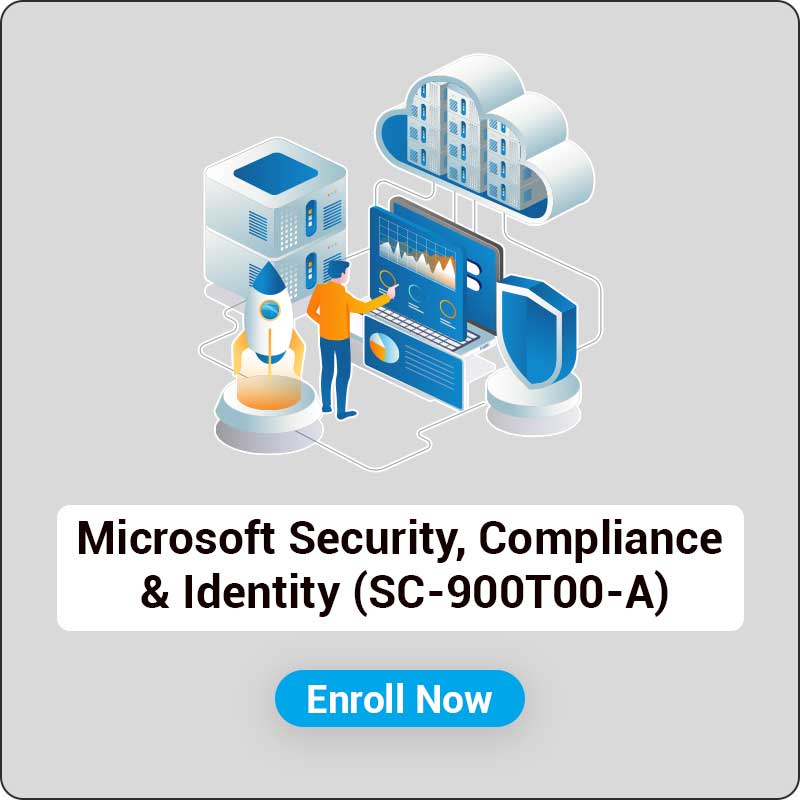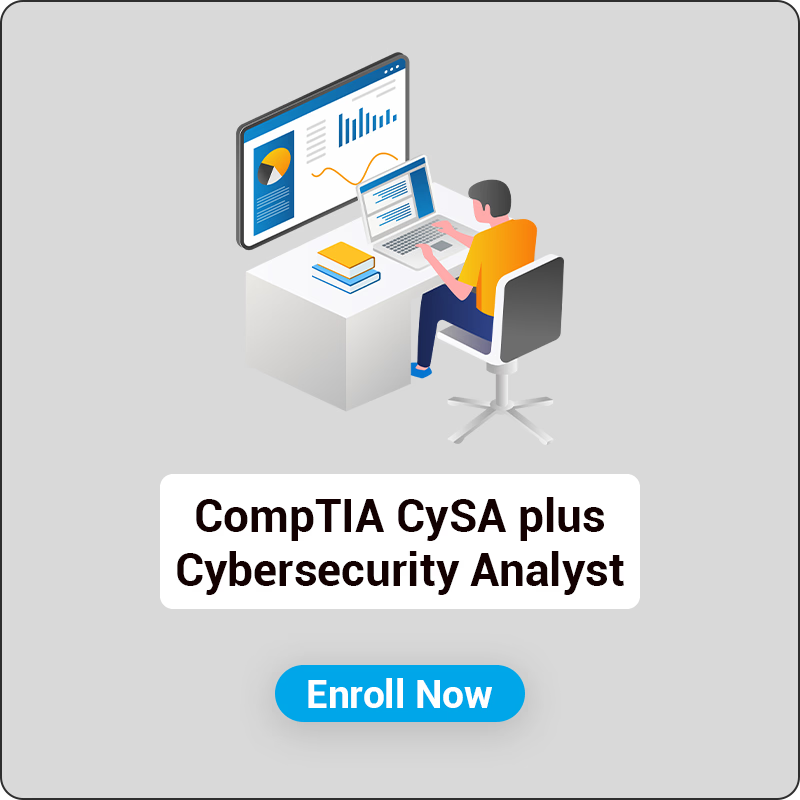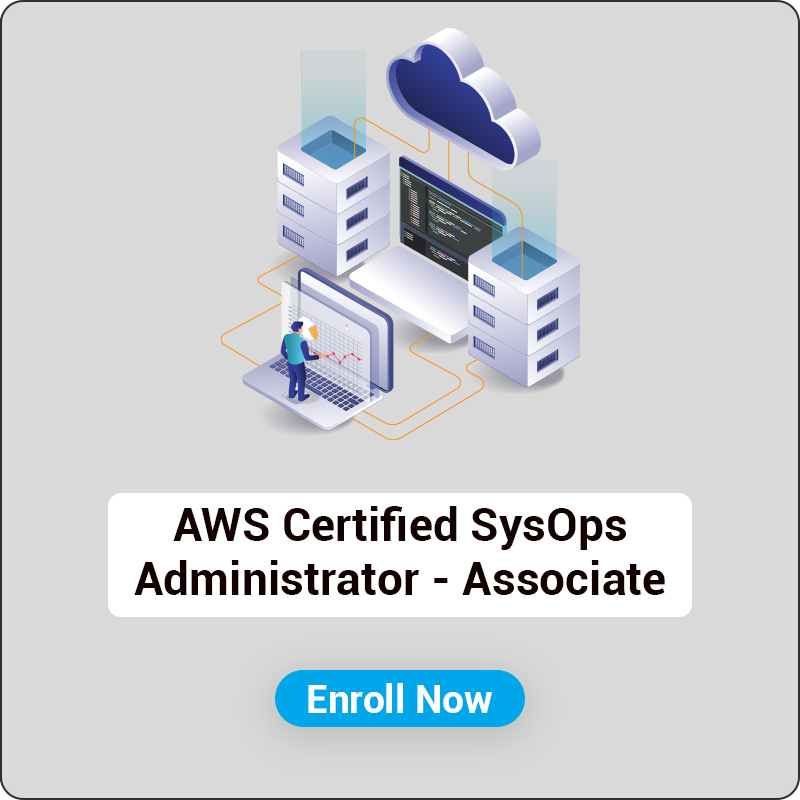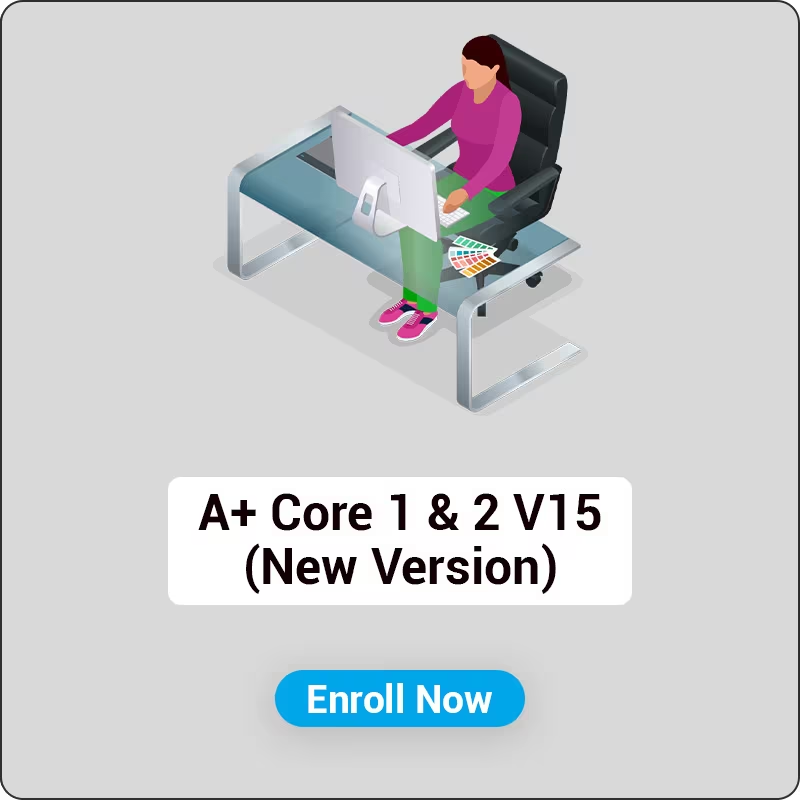+91-9665060088
+1-307-556-1088
Certificate of Cloud Security Knowledge (CCSK) Certification Training Course
Virtual Classroom
Training
Training
Practice Questions
on LMS
on LMS
Guaranteed to
Run Batches
Run Batches
Experienced
Instructors
Instructors
Exam
Simulation
Simulation
Post-Training
Support
Support
Virtual Classroom
Training
Training
Practice Questions
on LMS
on LMS
Guaranteed to
Run Batches
Run Batches
Experienced
Instructors
Instructors
Exam
Simulation
Simulation
Post-Training
Support
Support
Certificate of Cloud Security Knowledge (CCSK)
$719
$899
i
-
✓
CSA Exam Voucheri
-
✓
Official Training Material
-
✓
Official eBook by CSA
-
✓
Instructor-Led Virtual Classroom Training
Target Audience
Pre-Requisites
Exam Information
FAQ
✓ Cybersecurity analysts
✓ Security Engineers
✓ Security Architects
✓ Enterprise Architects
✓ Security Administrators
✓ Compliance Managers
✓ Security Consultants
✓ Systems Engineers
✓ CISOs
✓ A basic understanding of Cloud Computing is recommended.
✓ Exam Provider – CSA (Cloud Security Alliance)
✓ Type – MCQ Exam
✓ No of Questions – 60
✓ Duration – 90 Minutes
Live Classroom
Learning On-Demand
Corporate Training Solutions
Advance your career with Knowlathon’s Live Instructor-Led/Classroom Training, designed for professionals who prefer interactive and structured learning.
Gain practical insights, real-time engagement, and expert guidance to confidently clear certification.
✓ 5 Days Live Training by Certified Experts.
✓ Interactive Sessions with Real-Time Q&A & Case Studies.
✓ Comprehensive Study Material + Post-Session Recordings.
✓ Learner Support to Guide You Every Step.
Learn at your own pace with Knowlathon’s On-Demand Training Programs - ideal for busy professionals who need flexibility without compromising quality.
✓ Comprehensive Learning Material Featuring Real-World Business Scenarios.
✓ Study Training Material + Exam Voucher.
✓ Access to Self-Paced Resources (for On-Demand Learners)
✓ Learner Support from Our Expert Team.
Help your teams grow with personalized training programs and affordable pricing that fit your business goals. Build a future-ready workforce by boosting digital skills, technical know-how, and a mindset of continuous improvement.
✓ Scalable Learning Programs for Teams of Any Size.
✓ Dedicated Customer Success Manager & Post-Training Support.
✓ Cost-Effective Exam Voucher Packages.
Frequently Asked Questions
🔹 Does this course prepare me for the CCSK exam?
+
The CCSK (Certificate of Cloud Security Knowledge) is a separate certification offered by the Cloud Security Alliance (CSA) and has different objectives and content. If you're looking to prepare for the CCSK exam, you should enroll in a CCSK-specific training course.
🔹 Are there any prerequisites for this course?
+
No, there are no formal prerequisites for enrolling in the CCSP training course. However, it is recommended that learners have: A basic understanding of cloud computing and cybersecurity At least 5 years of IT experience, including 3 years in information security and 1 year in one or more CCSP domains (to meet the exam eligibility) This course is ideal for professionals who are preparing for the CCSP certification exam or looking to advance their cloud security knowledge.






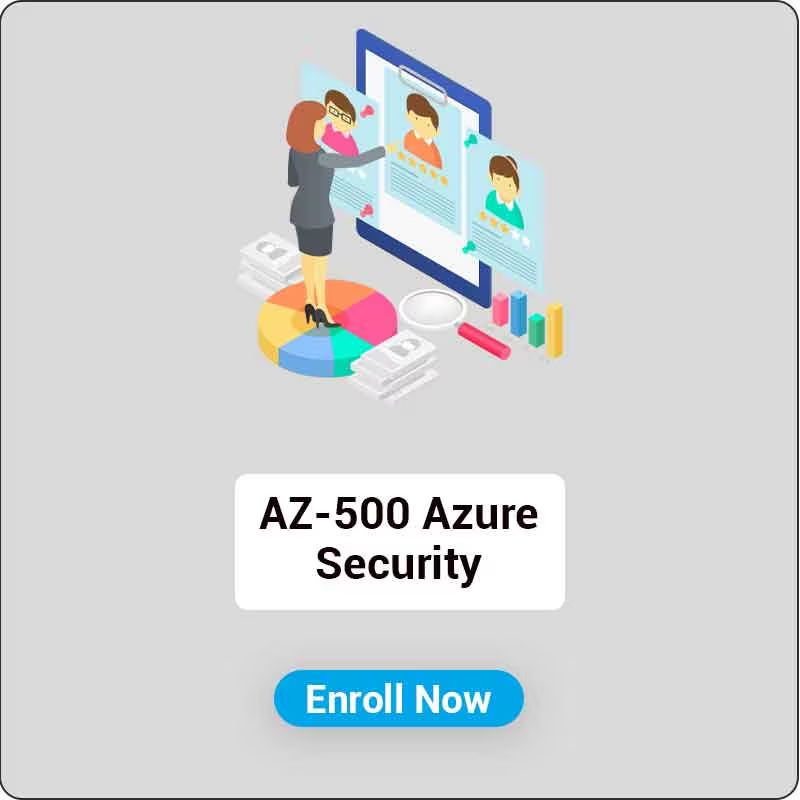
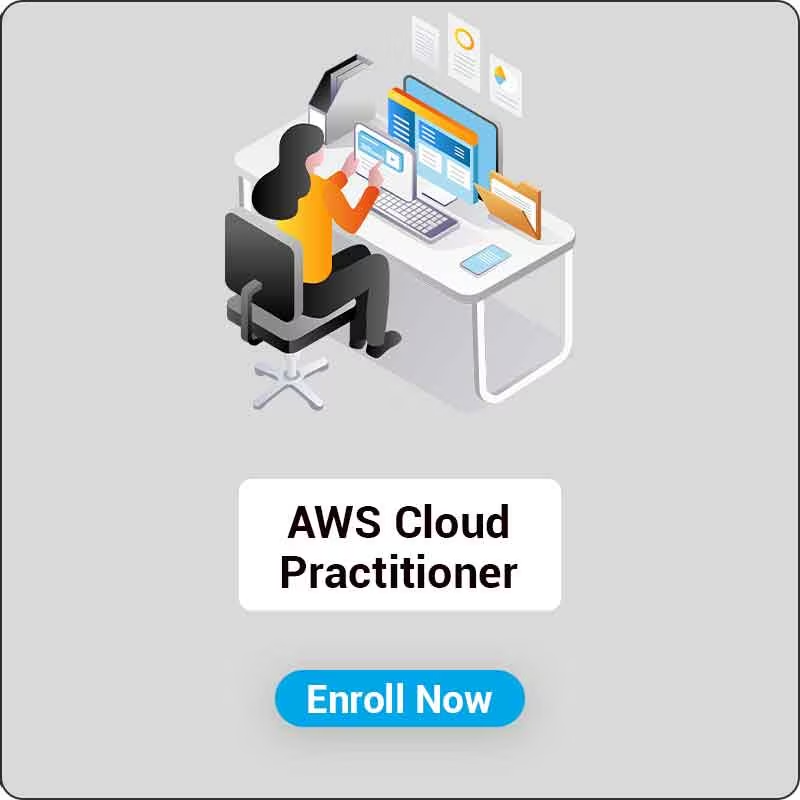
.jpg)
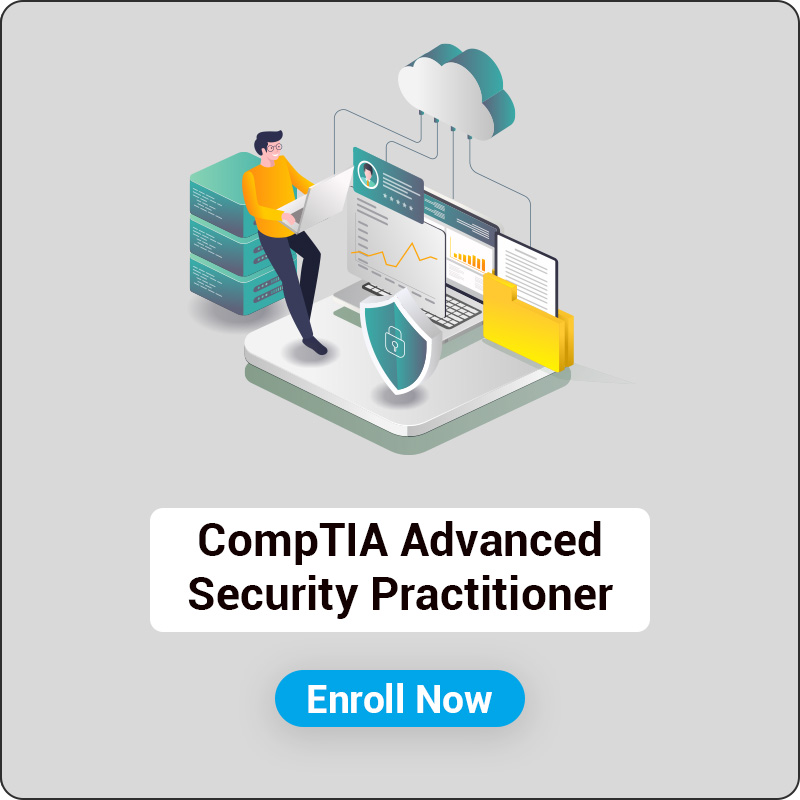
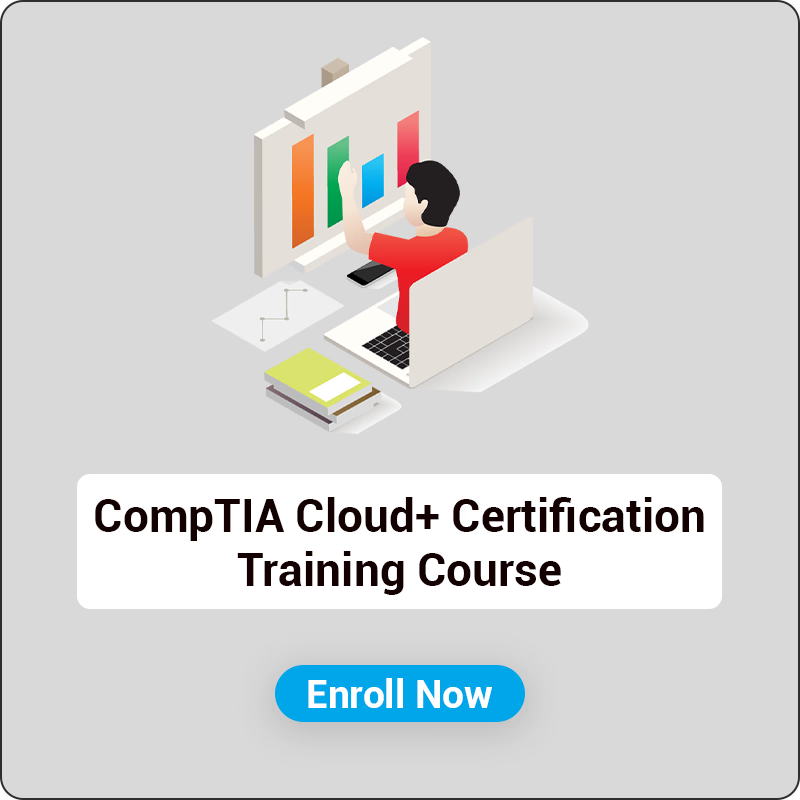
-Certification-Training-Course.avif)
-Certification-Training-Course.avif)
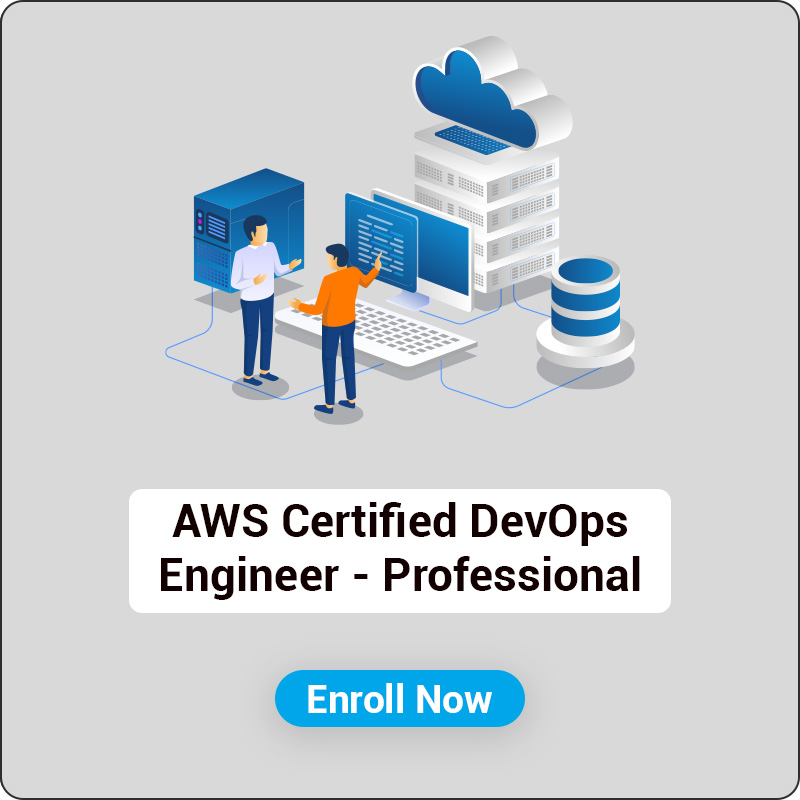
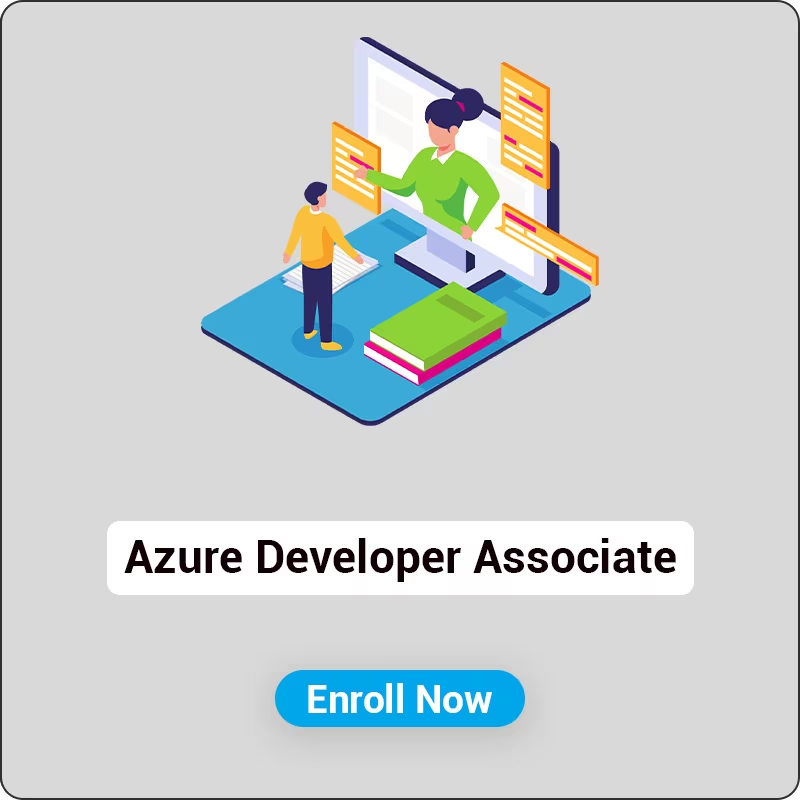
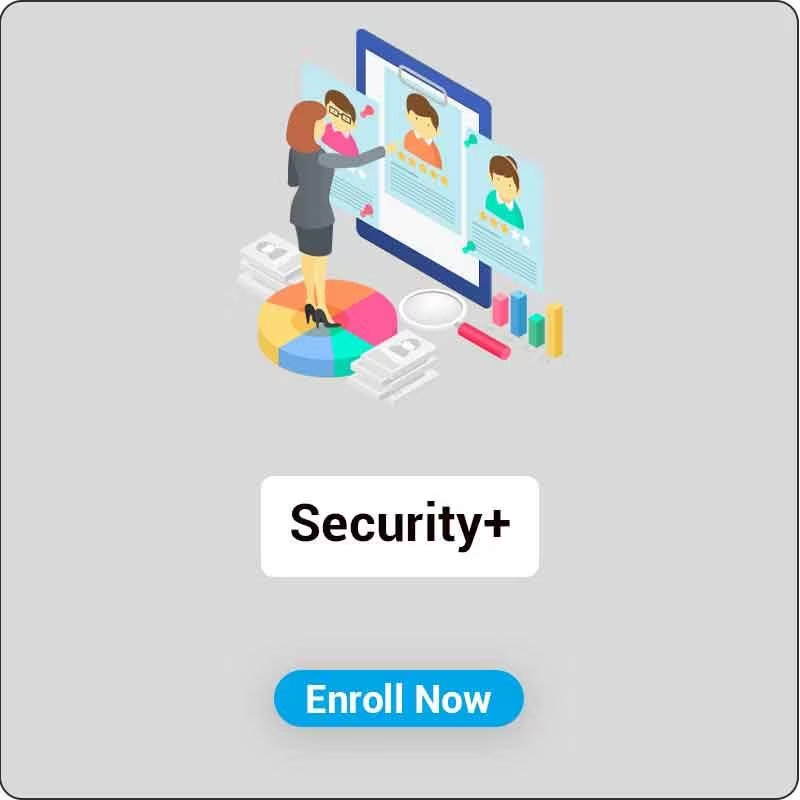

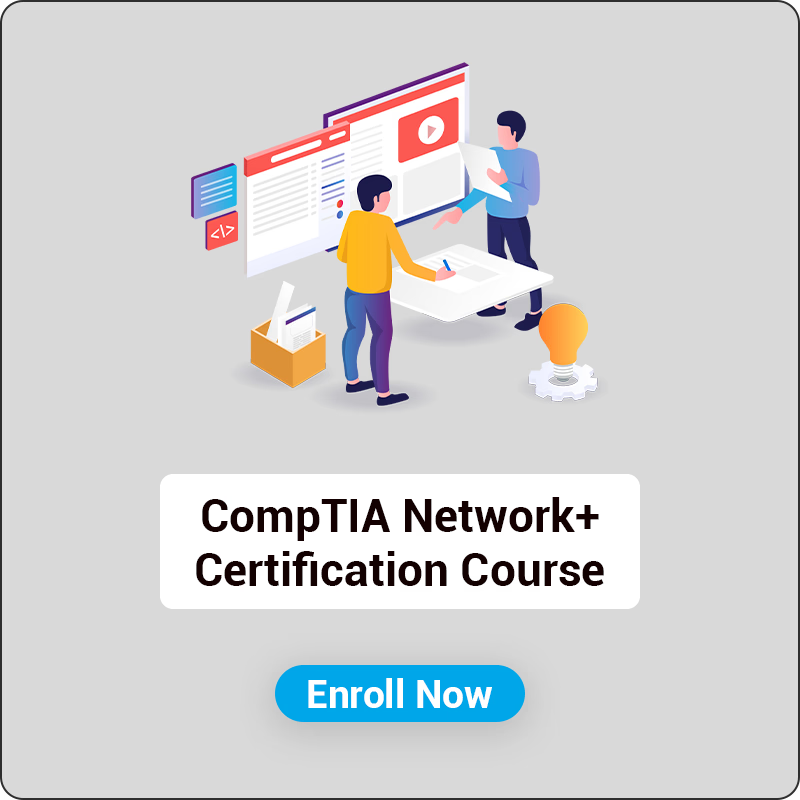
-Certification-Course.avif)
